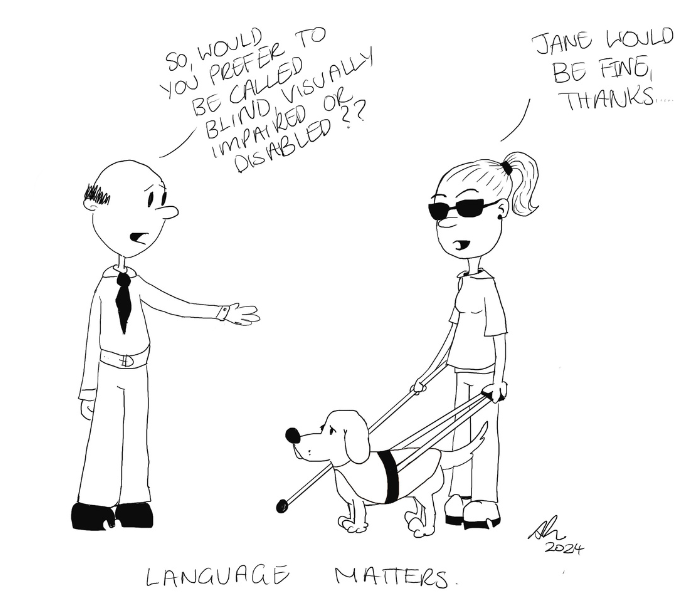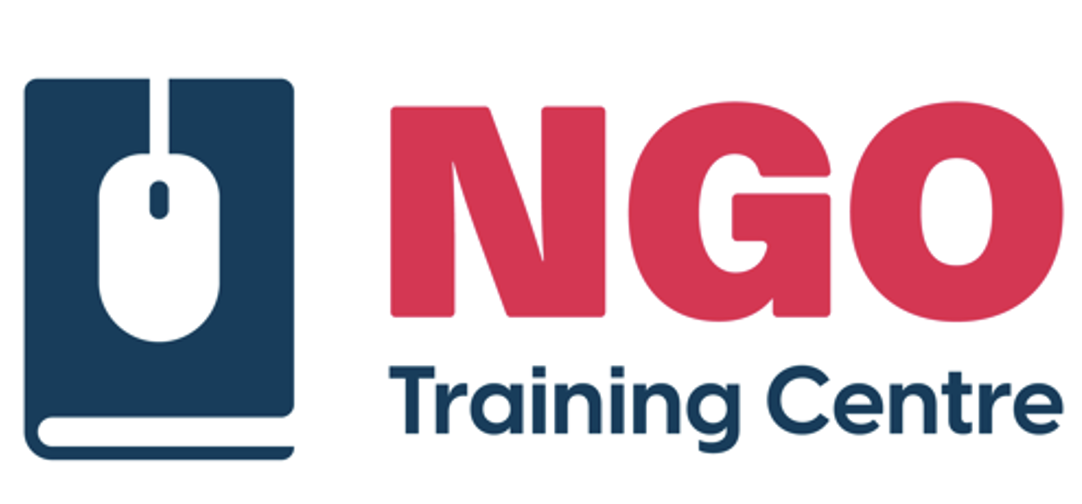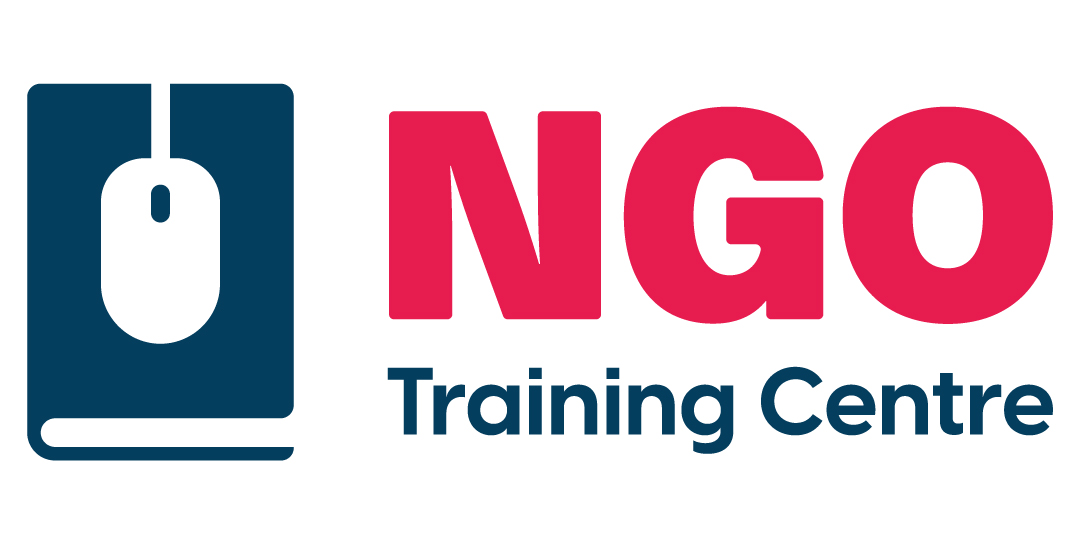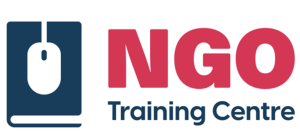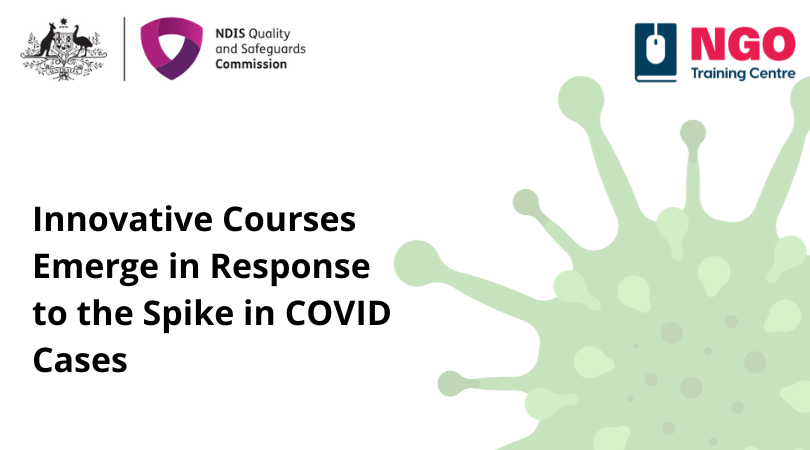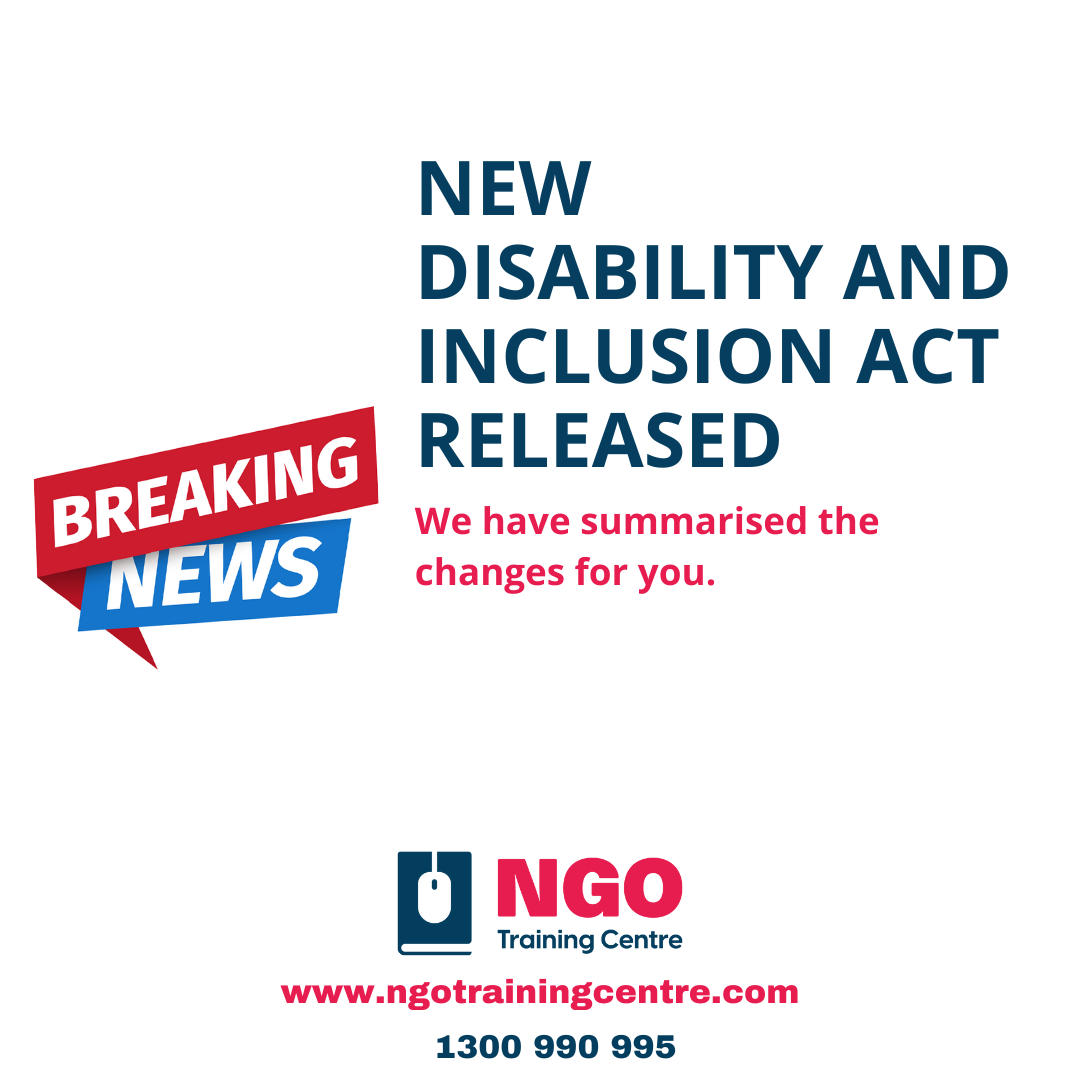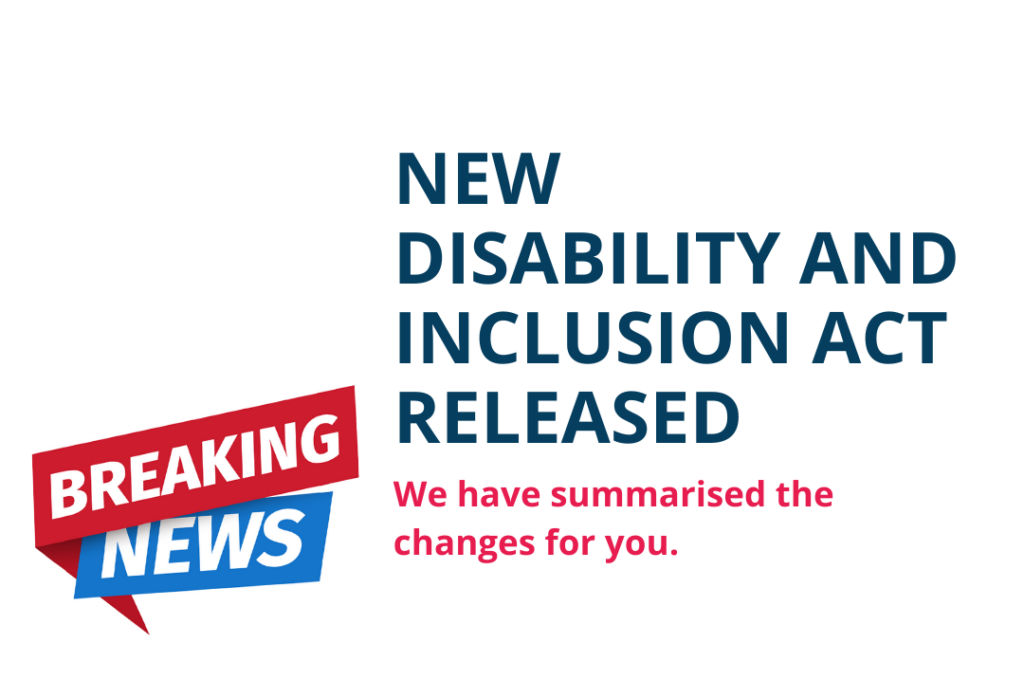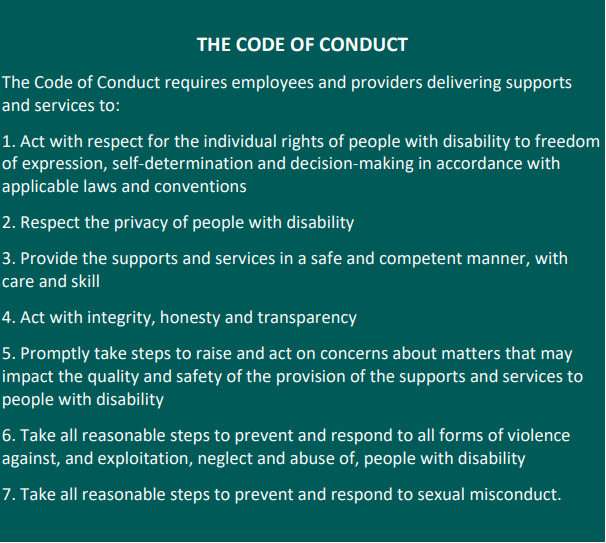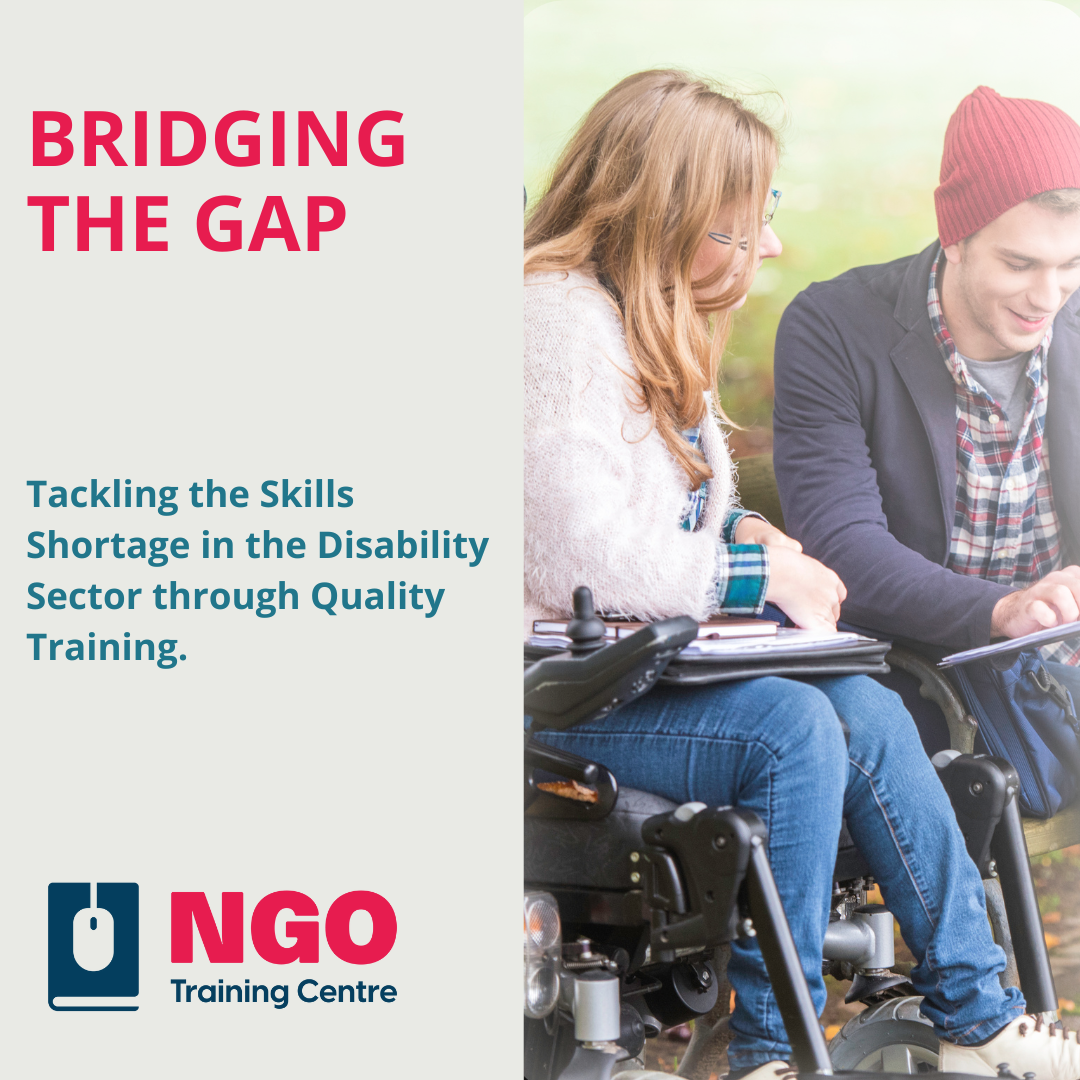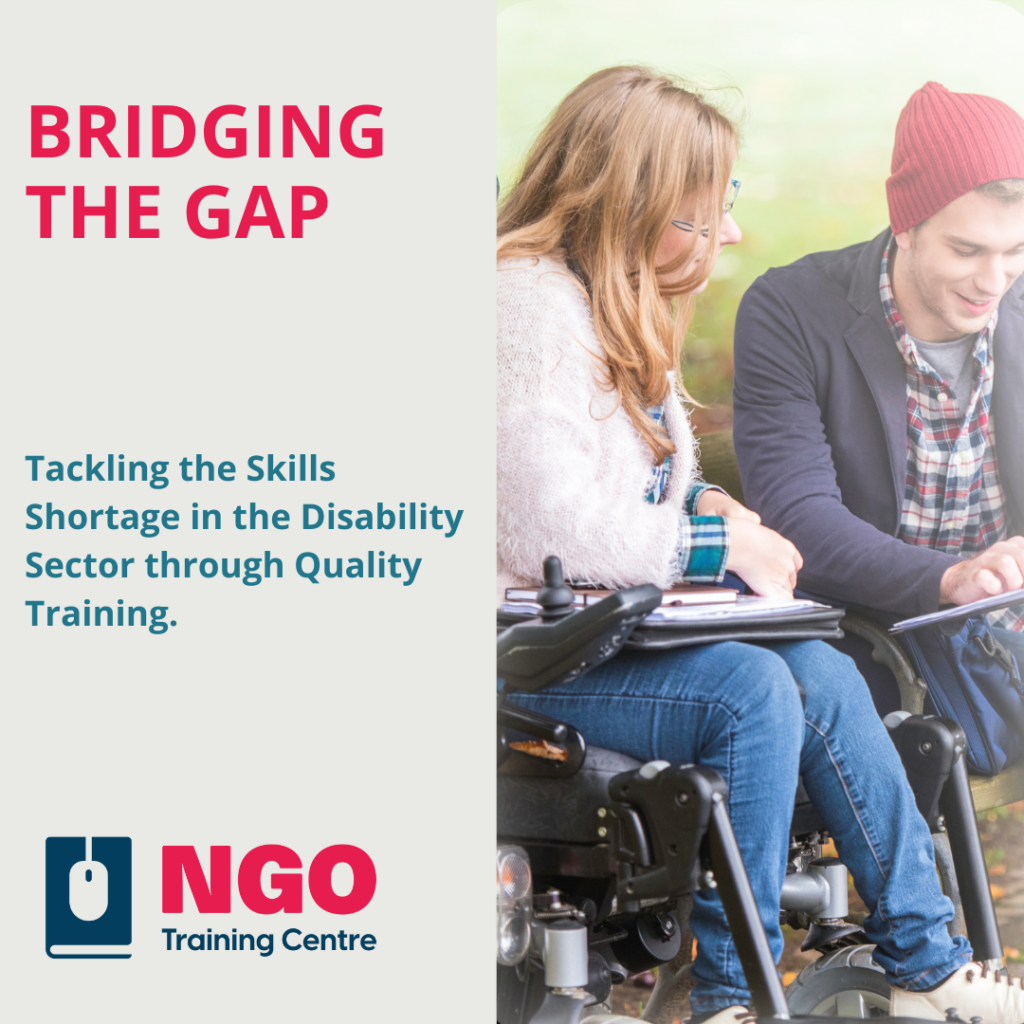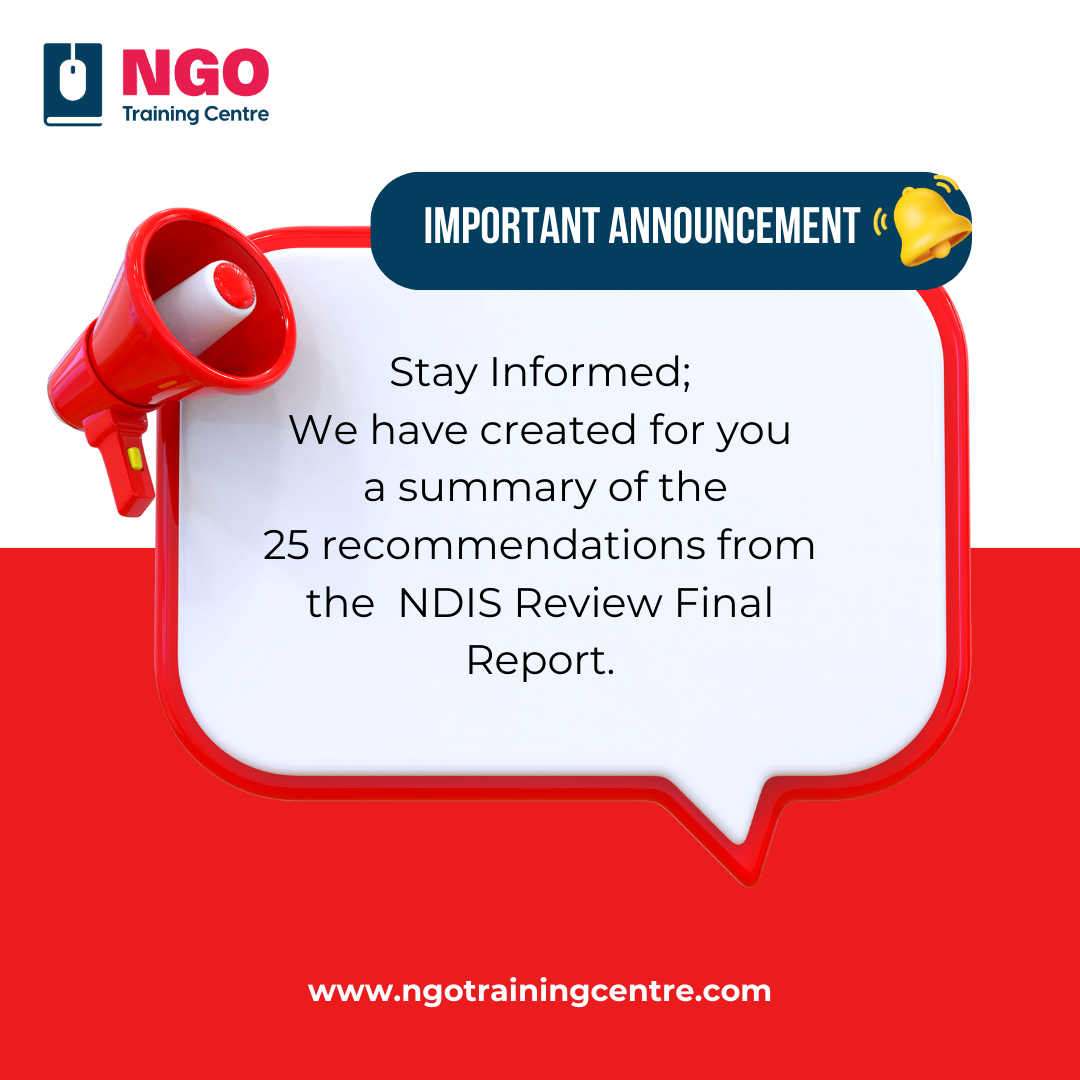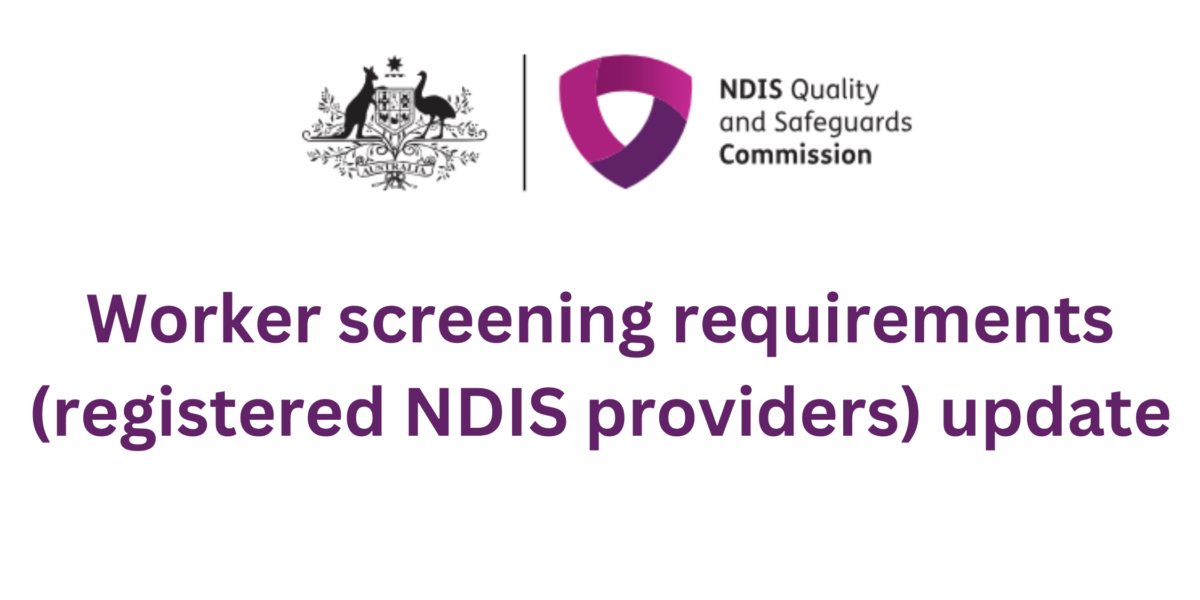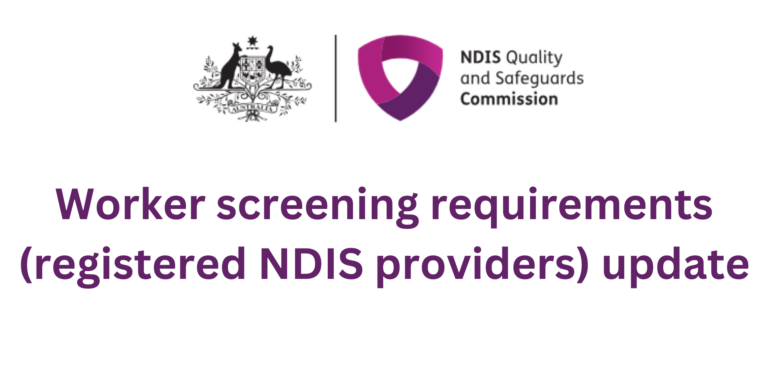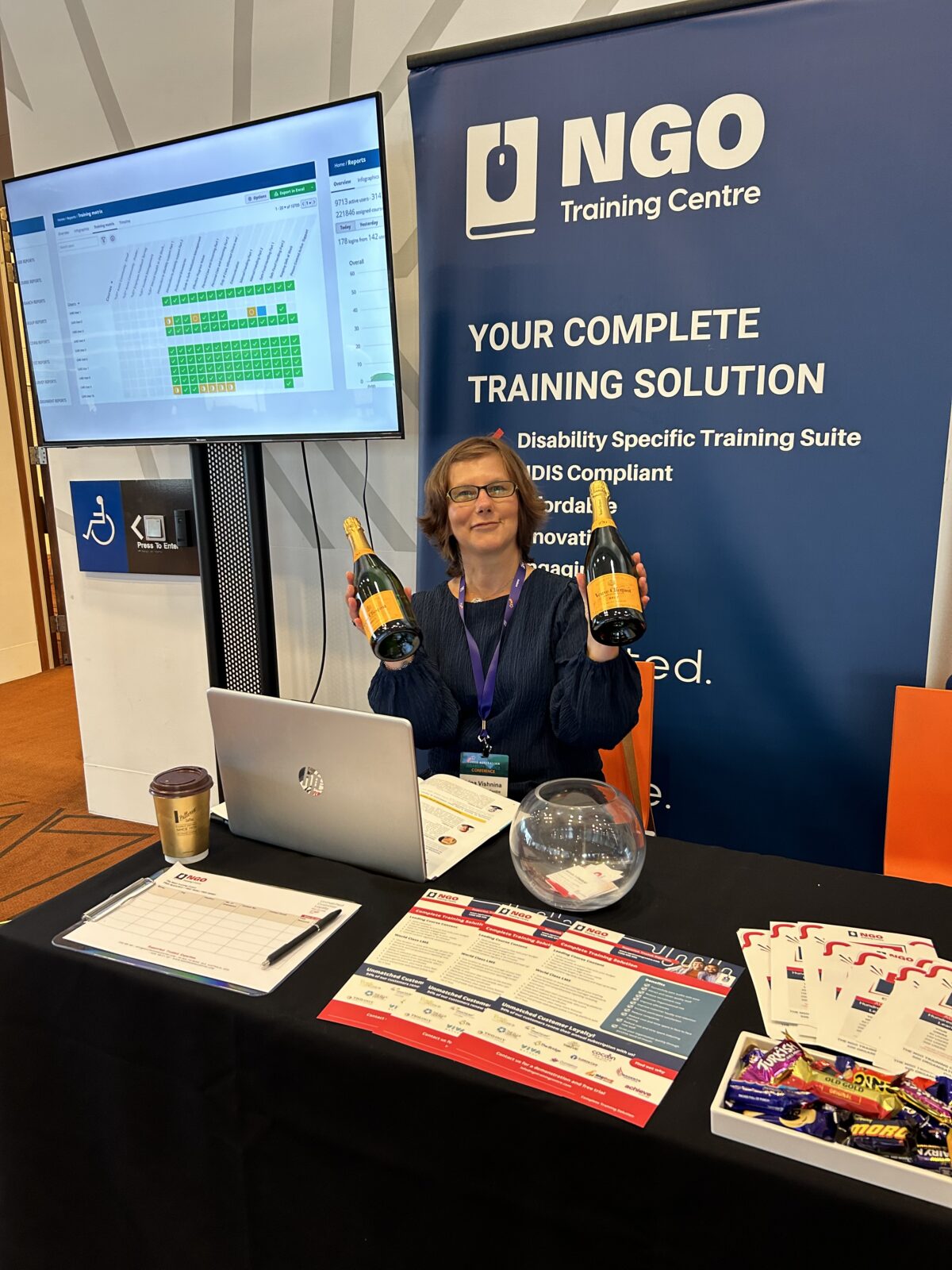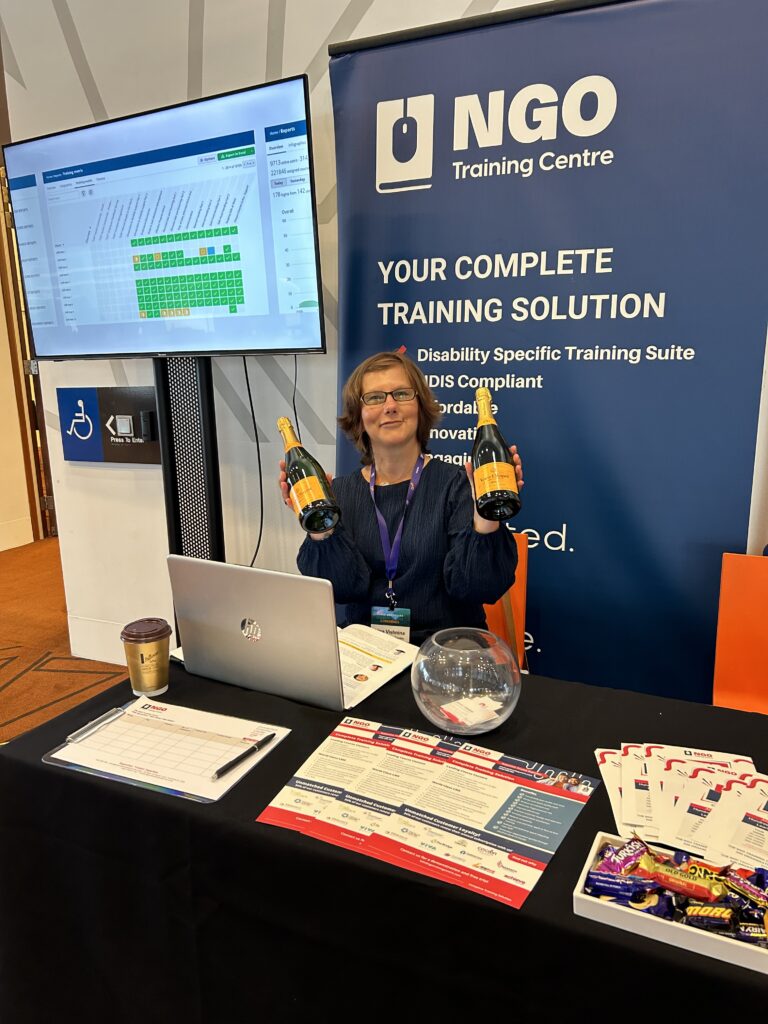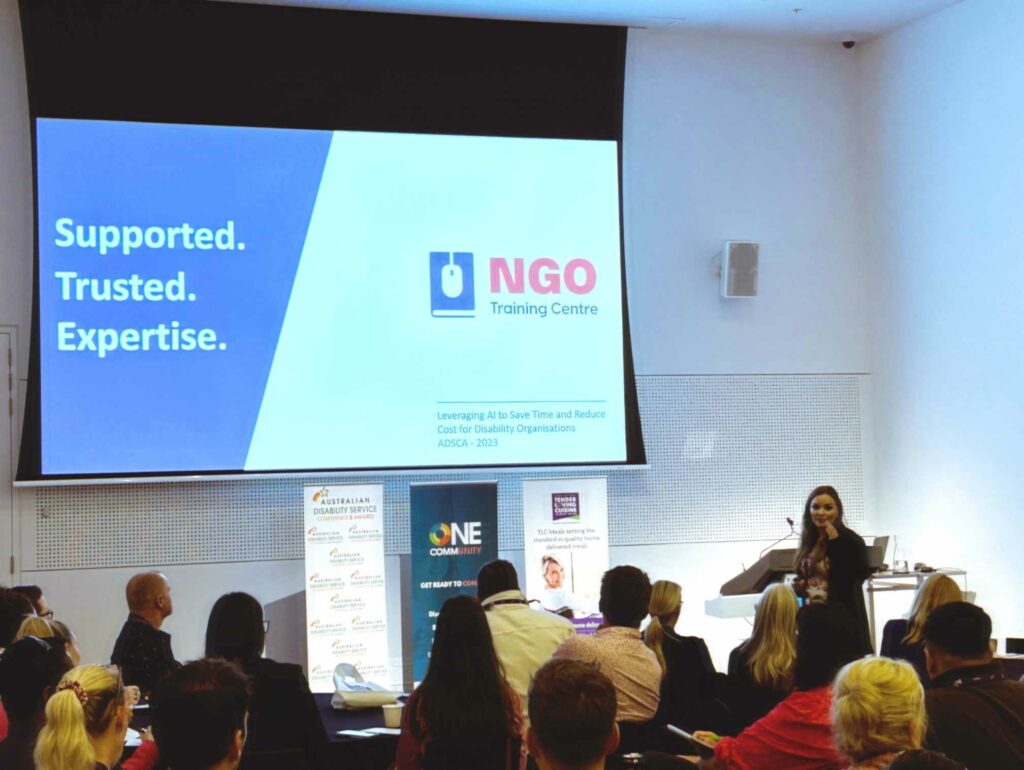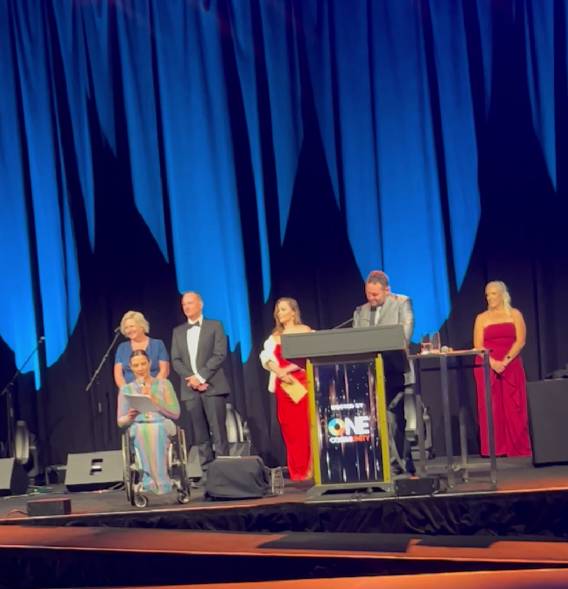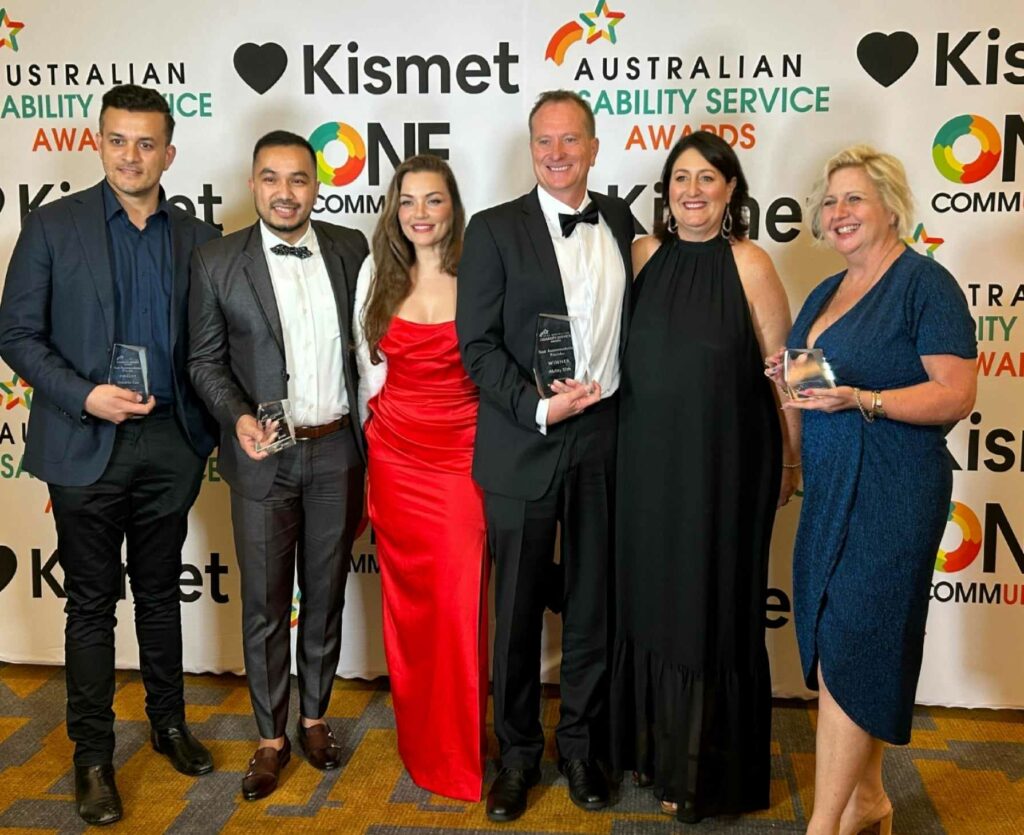NDIS REVIEW: FINAL REPORT SUMMARY
The eagerly anticipated Final Report of the NDIS Review has been publicly released, marking a significant development in the future of the NDIS. The proposed changes are significant, and a milestone in a larger process. The acceptance of recommendations, passage of legislation, and what the NDIS will look like, are still uncertain.
NDIS Minister Bill Shorten, in the National Press Club address, voiced the importance of considering these recommendations as a whole package. Minister Shorten initiated the Review in October 2022 to address various issues within the NDIS, which included the Scheme’s design, operations and sustainability, and how to build a more responsive, supportive and sustainable market and workforce.
The comprehensive report requires thorough attention, and future analyses will delve into its intricacies. We will continue to provide updates in the coming months, as the Report’s recommendations are further explored. Here is a summary of what’s in the report.
Four key areas were addressed:
Systems that work together to support people with disability
- Set up foundational supports for people with disability
It is well known that there is a lack of support for people who have not been eligible for the NDIS, so the introduction of a unified system that addresses the needs of people with Disability who have not been successful in accessing the scheme will be introduced. It recognises that the NDIS is only one small part of this system.
Two types of support will be provided- General Support and Targeted Support.
- General support will assist anyone with disability to access supports such as peer support, disability advocacy, advice, capacity building, and disability-specific employment services.
- Targeted Support will be for people with disability who have lower support needs and are not eligible for the NDIS. These will include home and community care, support for people with severe mental health conditions, equipment, early intervention for children, and navigation support.
Note: National cabinet agreed yesterday that all governments will be responsible for contributing to these supports.
- Better community access & inclusion and connected services
This recommendation includes:
- Ensuring that there are clear roles for the NDIS and other services.
- A clear plan to support diversity groups and different age cohorts has been recommended, along with changes to laws regarding disability rights and the education system.
- A fairer NDIS pathway for everyone
The review has recommended various changes to the participant pathway such as:
- Having clear rules regarding access to the NDIS which are consistent, accessible and fair.
- A new assessment process to assess people’s needs. These will be conducted by a Needs Assessor, a trained allied health professional who would make the decision and set budgets based on people’s lives as a whole, and not the support they need. There will also be a trust-based approach regarding how people use their budget.
- Support everyone with disability to access services in and outside the NDIS
The introduction of Navigators which will work both inside and out of the NDIS will help people with disability find local support. General Navigators will help people find support in their community and Specialist navigators will help people who need greater supports.
- Better support for people to make decisions about their lives.
This recommendation will seek to:
- Ensure people with disabilities receive clear information for informed decision-making and assess the need for decision-making support and incorporate it into individuals’ budgets.
- Provide information and training to nominees (individuals making decisions on behalf of people with disabilities).
- Connect individuals with high support needs to quality services.
- Ensure decision-making support providers have access to good information and training.
- Establish a new Commission to ensure the safety of people with disabilities.
- Ongoing support for young children and their families
This recommendation looks at better pathways for children under the age of 9 to access the NDIS. It will discover a more reasonable way to assess developmental delay, and using a graded delivery approach, set budgets based on a child’s needs as a whole. It will ensure the ongoing safety of the supports in place for children.
- New ways to support people with mental health conditions in and outside the NDIS
Collaboration with other mental health systems is essential for those requiring extensive support. The Commission must ensure that service providers are registered and adhere to standards to deliver quality mental health services.
Governments should:
- provide support for individuals to achieve their goals of recovery and a quality life, offering assistance as early as possible.
- establish foundational supports
- simplify access to mental health support
- facilitate collaboration between mental health services and the National Disability Insurance Scheme (NDIS).
- Fund housing and living support in a fair way and let people choose how they want to live
The Review proposes several changes to Home and Living, some of which have already been implemented.
Recommendations include:
- Introducing a new Practice Standard mandating the separation of housing and tenancy.
- The budget-setting process should be made ‘consistent and sustainable,’ with funding for 24/7 living support typically based on a 1:3 shared support ratio. Funding for living alone should only occur in specific circumstances, where there is risk or complex needs.
- New ways to live with support
- a trial process for living arrangements, enabling joint decision-making for those sharing supports, and revising the Specialist Disability Accommodation (SDA) design categories.
- The NDIA, in collaboration with states and territories, should use SDA when needs are unmet in the private market, and all governments should develop strategies for upgrading or repurposing older SDA houses owned by states and territories.
Markets and supports that give people choice and control
- Better information systems for the NDIS
This recommendation looks at:
- Investment in an online accessible site that provides information about local supports and services and coordination of these new systems for people with disability.
- The importance of making information sharing easier is paramount – allowing electronic payments only. This could mean the need for Plan Management reduced or removed.
- Better pricing and payments for providers
It is recommended that the Australian Government should
- report on NDIS pricing,
- change the way prices and payments happen
- implement a system that works well for everyone and is not a one-size-fits-all model.
The Review did not make specific recommendations on the price limit of any supports.
- Focus on quality in the market
This encompasses ensuring that quality is of the utmost importance for the commission and that the commission should work with the government to report on the quality of registered provider services.
A new proposed approach would require all providers to either be registered or enrolled to work in the NDIS.
The categories are as follows:
Advanced registration: high-risk or require high-level technical competence, such as those with high risk such as group homes. These providers would be required to have observational audits against both general and support-specific standards.
General registration would be for medium-risk supports such as high intensity daily personal activities and supports that include 1:1 contact with participants.
Basic registration is proposed for all lower-risk supports, similar to the current verification pathway. The Review suggests this basic registration would be based on a self-assessment and substantiation of compliance with Practice Standards rather than an audit, which will no doubt be welcome news for many of the smaller organisations.
Enrolment is a new alternative to registration and would be a simple light-touch online process for providers of the lowest-risk supports to enable full visibility of the market.
- Check markets and fix problems
The ongoing issue of thin markets in rural, regional and remote areas needs to be addressed and all governments should have providers that can support people if there are no other providers.
- Better supports for First Nations people
The government should work with First Nations people to set up good NDIS supports for First Nations people with disability.
- Find and keep workers who give good services to people with disability
The Australian Government should
- Explore innovative ways to find and keep good workers in disability support
- welcome good disability workers from other countries
- find ways to attract and retain workers in care and support roles.
- Safe services for each person
The government should:
- set up risk and safety checks and work with the NDIA and the Commission to make sure people can access safety supports.
- make sure people can access good Community Visitors Program to ensure the safety of people with disability
- create agencies to make sure people at risk of harm are safe.
- Better checks and actions to make sure providers and workers keep people safe
The government and the Commission should:
- set up checks in the provider market and introduce checks in stages
- introduce worker screening processes for all care and support workers in Australia.
- be funded (the Commission) to make markets better and address quality and safety issues.
Currently, all providers are required to comply with the NDIS Code of Conduct, under these proposals all providers would also need to comply with the NDIS practice standards
- Stop restrictive practices straight away
All governments should make a plan to act when providers use restrictive practices.
Key priorities include working with behaviour support practitioners and providers to urgently improve the quality of behaviour support plans, enhancing the quality of life for participants and eliminating poor provider practices.
Managing the support systems
- Focus on quality and safety across all systems
The Australian Government should make sure the new Commission can check the market and act when there are problems. All governments should work together and share information to keep people safe.
- Agreements between all governments
The Review proposes a Disability Support Ecosystem Safeguarding Strategy to coordinate safeguarding activities across the disability support ecosystem.
They have recommended that a Disability Supports Quality and Safeguarding Framework supersede the 2016 NDIS Quality and Safeguarding Framework to provide full oversight.
Further, the Australian Government should ensure that all governments:
- agree on a larger system to support people with disability and share the costs of the system
- set up goals and checks for the system
- agree to supports for First Nations people
- listen to ideas from a new Disability Advisory Committee that includes people with disability.
- Clear information about roles
The Australian Government should:
- make sure the support systems work well together, including the NDIS
- set up clear roles for all government departments.
- check the NDIA guidelines and find ways to make the NDIS rules and laws better.
The proposal suggests the establishment of a Disability Intergovernmental Agreement (IGA) to foster collaboration among governments, ensuring efficient and beneficial use of disability funding.
A proposed Disability Outcomes Council would independently oversee and hold all governments accountable for investments, delivery, and outcomes. This aims to provide people with disabilities the certainty that necessary supports are available when needed. All systems have workers who understand disability and put people first.
It is recommended that governments should make sure that all staff have good skills and training in disability. The government and Commission should report on workplace culture and skills.
- Learn about what works
All governments should:
- share costs to get good information about disability across Australia
- report on this information across all systems.
- work with the Commission to make decisions about supports that work well.
Investment in research, evaluation and knowledge will help demonstrate the value of the NDIS to governments and taxpayers and help participants meet their goals through innovative and evidence-based supports.
Making changes over 5 years
- Plan how to make the changes
Government departments should work together to test new ideas from the NDIS Review and make sure changes work well for people with disability.
- Plan changes to the law
The government should work with the NDIA and the Commission to plan changes to the law.
- Make sure changes are fair and easy for everyone
The Australian Government should:
- agree on a plan to make changes.
- test new ideas and make changes slowly so people are prepared.
- Create a new NDIS Review Group to assist governments and agencies in making the changes.
What do these likely mean for you?
As you can see in this summary, the recommendations are significant and will have a great and positive impact on people with disability, and the disability sector as a whole.
All governments working in collaboration is key, and changes will not be immediately visible to participants supporters, and the disability community. The process includes considering recommendations, co-designing reforms with the disability community, and implementing changes gradually.
The overall goal is to improve the participant experience and ensure the Scheme’s sustainability for the future. The expansion of this work will also include incorporating NDIS Review outcomes after government consideration of recommendations.
At NGO training, we will work with our customers and the disability community to ensure a smooth transition over the reform. We will continue to update you with relevant information as it is released and update any of our training and support in line with these reforms.
Written by Amanda Robinson
Amanda’s expertise lies in disability, mental health, aged care and navigating the complex terrain of the Disability Sector. She is a passionate advocate, a strategic leader, and a catalyst for positive change.
